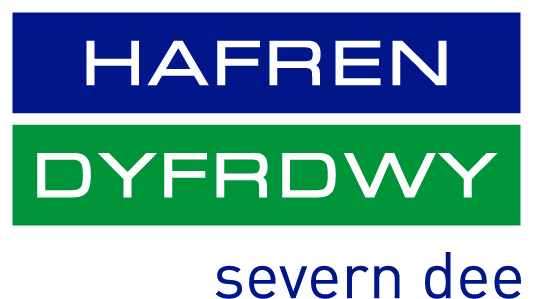Understanding trade effluent
The Water Industry Act 1991 defines trade effluent as “any liquid, either with or without particles of matter in suspension in the liquid, which is wholly or partly produced in the course of any trade or industry carried on at a trade premises."
Anything that isn’t domestic sewage (toilet, bath or hand wash waste) or uncontaminated surface water and roof drainage (rainwater) can be classified as trade effluent.
It’s essential that we’re made fully aware of any trade effluent produced at commercial or business premises, so that we’re able to treat it safely.
This includes any waste water derived from a production process or from washing down or cooling activities.
Waste water discharges from hotels, pubs, restaurants, takeaways and caravan parks are not classed as trade effluent.
They are, however, regulated under Section 111 of the Water Industry Act 1991.
Premises found to be discharging fats, oils, greases and food scraps into the sewer, which then cause blockages or compromise the safe operation of our assets, can be prosecuted.
Trade effluent can damage our sewers, sewage treatment processes and the water courses that we discharge to.
It can also affect the health and safety of anyone working in or around our sewerage network.
We need to ensure that our infrastructure and treatment processes work effectively, so that we can return your treated waste water safely back into the environment.
Take prompt action to prevent or minimise any discharge to your site drains and the sewerage network. Any material spilled should be prevented from entering drains if possible, but if any does get into the site drainage system call us immediately on 0800 085 8033 with details of the substances involved, location of the spillage and likely quantities discharged.
As an additional safety measure we recommend that site drainage plans and safety data sheets are readily available to employees at all times. It’s also essential that incident procedure plans are in place and that all employees are familiar with them.
We need to know if you plan to discharge anything other than domestic waste into a drain that is connected to a public sewer. It’s your responsibility to obtain consent prior to commencing any trade effluent discharge. It is a criminal offence under Section 118 (5) of the Water Industry Act to discharge any trade effluent to sewer without the consent of the
sewerage undertaker (Hafren Dyfrdwy). You may be subject to legal action and large fines if you discharge without consent.
If your business manufactures or processes materials such as chemicals, metal finishing, food and drink, or if you operate a small launderette or car wash, it’s likely you’ll need trade effluent consent from Hafren Dyfrdwy. Short-term discharges, for example contaminated groundwater from land remediation/building projects or the flushing of central heating/cooling
systems, are subject to temporary trade effluent authorisation.
Want to know more about trade effluent? Get in touch today.
We’ll be happy to discuss any issues relating to your waste water discharges.
Write to:
Trade Effluent Support Team
Hafren Dyfrdwy
P.O. Box 51, Raynesway
Derby DE21 7JA.
Or email trade.effluenthd@hdcymru.co.uk
